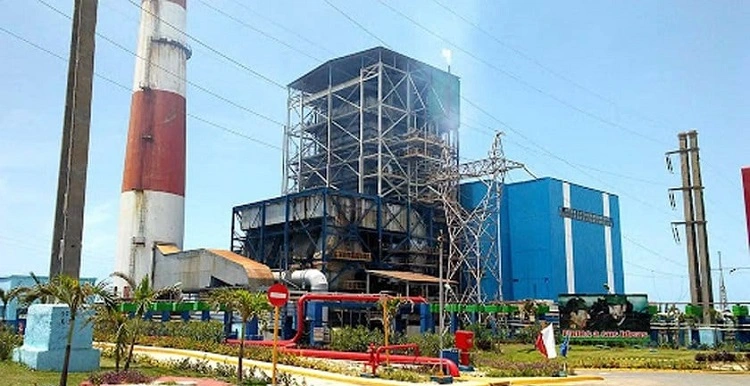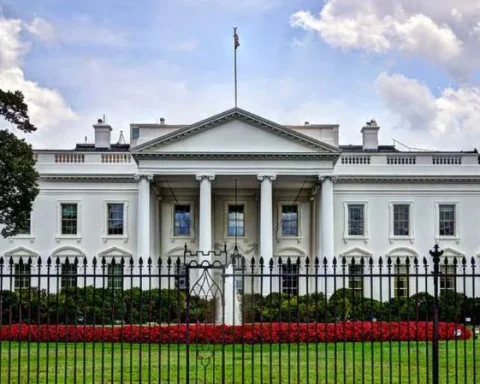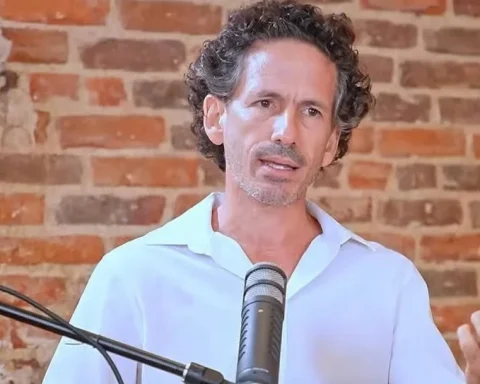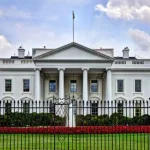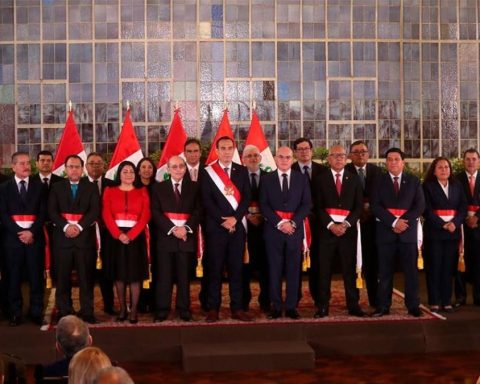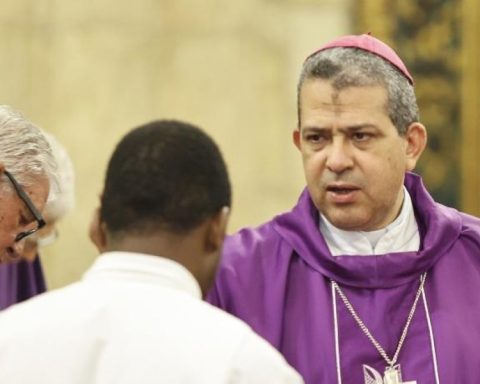MADRID, Spain.- The Cuban regime acknowledged on Wednesday that it failed to stabilize the electrical system during the months of July and August, while the island continues to suffer long daily blackouts. However, during the inauguration of the III Renewable Energy Fair In Havana, Prime Minister Manuel Marrero said that despite not achieving the desired stability, “major damage was avoided” and there was progress in the “maintenance” and “recovery” of thermoelectric plants. Progress that is not perceived by Cubans who face 14-hour blackouts.
For its part, Vicente De la O Levy, Minister of Energy and Mines, tried to soften the growing indignation of the population over the energy situation. He spoke of “financial sacrifices” to guarantee the arrival of fuel to the generating units in the coming days and promised that before the end of the year the first 400 megawatts from new solar parks will be installed. De la O Levy pointed out that the main problem at the moment is the fuel shortage, which not only affects electricity generation but also the rest of the economy.
In the context of the Fair, the minister explained that the fuel is in Cuban ports, although problems persist in unloading it. According to his statements, the situation would be resolved between Wednesday and Thursday as part of a “financial sacrifice” that involves the weekly payment of significant sums to guarantee the supply.
On Wednesday, power outages affected 43% of the country simultaneously at peak demand, one of the highest rates recorded this year.
At the beginning of this month, De la O Levy, during an intervention in the Round Table, said that the prolonged blackouts suffered by Cubans were due to the maintenance of the obsolete thermoelectric plantswhich, according to him, were carried out with the resources available in the country. The minister mentioned that the power cuts during these maintenance works were planned, since Cuba does not have enough reserve units to avoid affecting the population. “These maintenance works anticipated about four hours of disruption because we do not have reserve units for generation,” he said, a statement that brought nothing new to Cubans, who have been suffering for years from the consequences of the inefficiency of the energy system.
